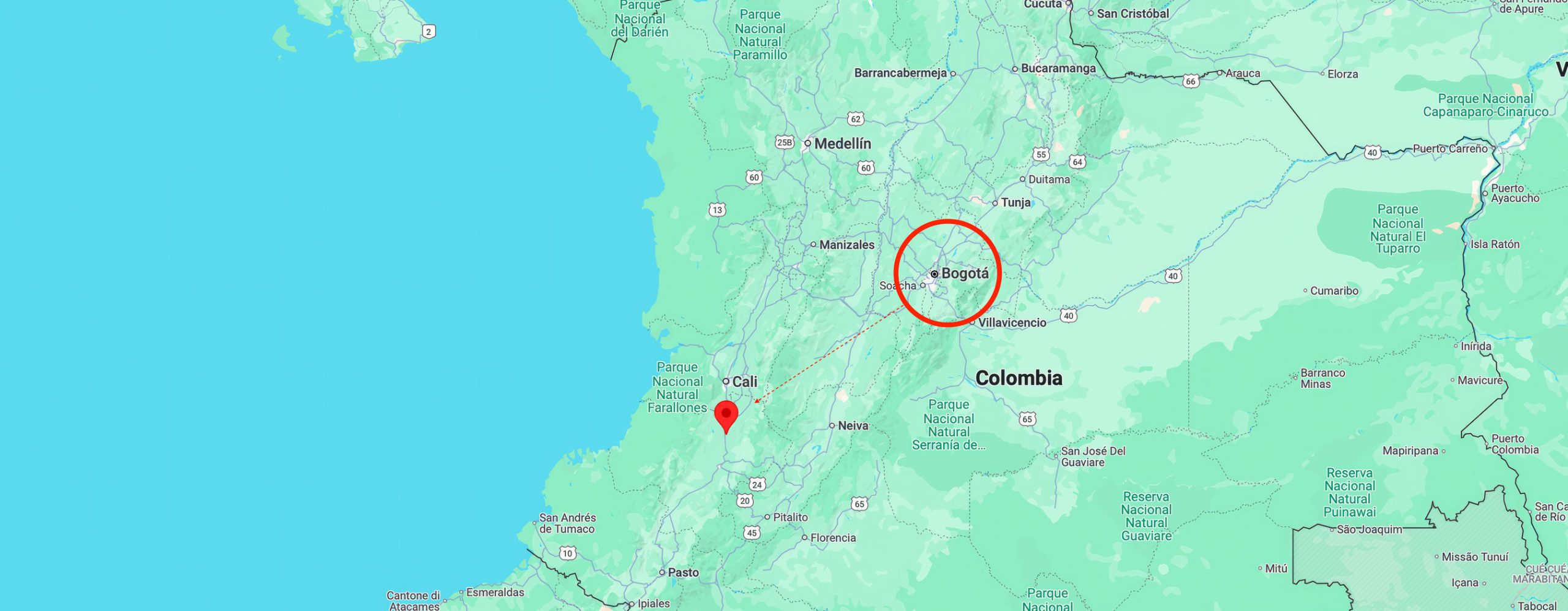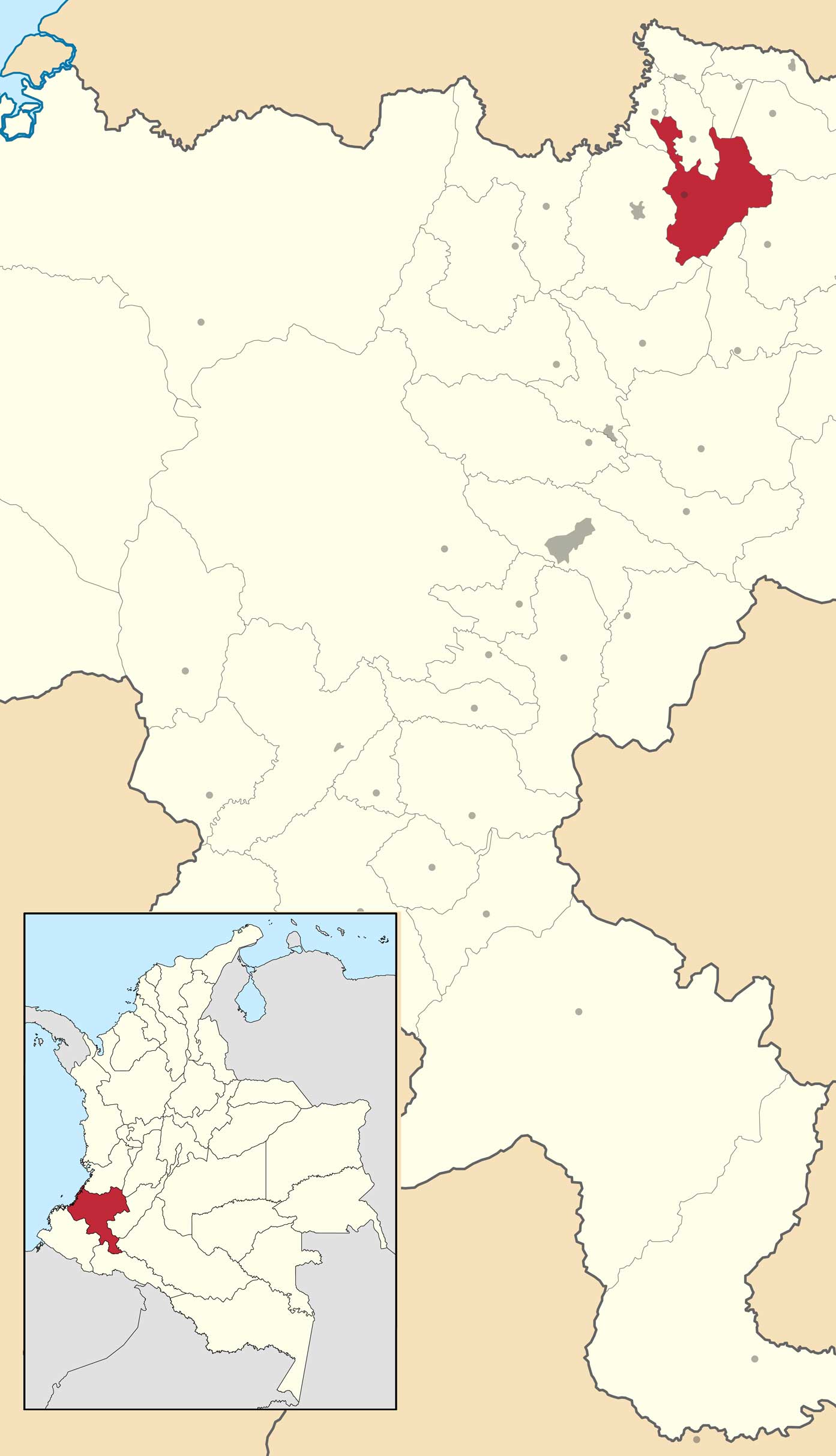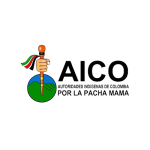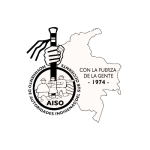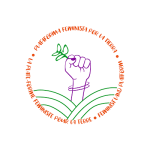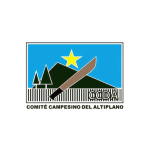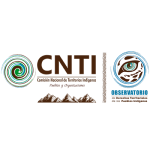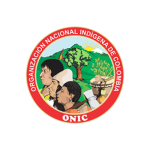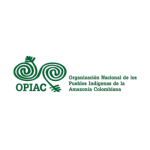ADVANCING INDIGENOUS AUTONOMY, CLIMATE ACTION, AND RIGHTS PROTECTION
Indigenous Peoples globally manage 25% of the Earth’s land, much of which remains ecologically healthy due to their stewardship. Their traditional knowledge is crucial for biodiversity conservation and climate resilience, yet they face significant challenges, including systemic barriers to land rights recognition, violence, and environmental degradation. Despite their vital role, Indigenous communities are disproportionately affected by land grabbing, climate change, and marginalization.
In Colombia, home to 115 Indigenous groups with a rich cultural heritage, similar challenges persist. While significant territories are collectively owned under the “resguardo” framework, these lands face threats from deforestation, illegal activities, and armed conflict. Weak land titling and encroachment undermine their rights and cultural survival. To address this, the Colombian government is advancing land restitution and formalizing reserves through initiatives like the National Land Fund.
The ‘Total Peace Strategy’ integrates land rights with social justice and environmental sustainability, reinforcing the resilience of Indigenous communities and their critical role in biodiversity conservation.
This event will not only provide a platform to Indigenous voices in wider land struggles but will also contribute to movement building around Indigenous land rights, ensuring that their collective voice is strengthened. Through this initiative, we will ensure substantial representation of Indigenous Peoples at the GLF 2025, facilitating their integration into the broader discussions and outcomes of the GLF 2025.
